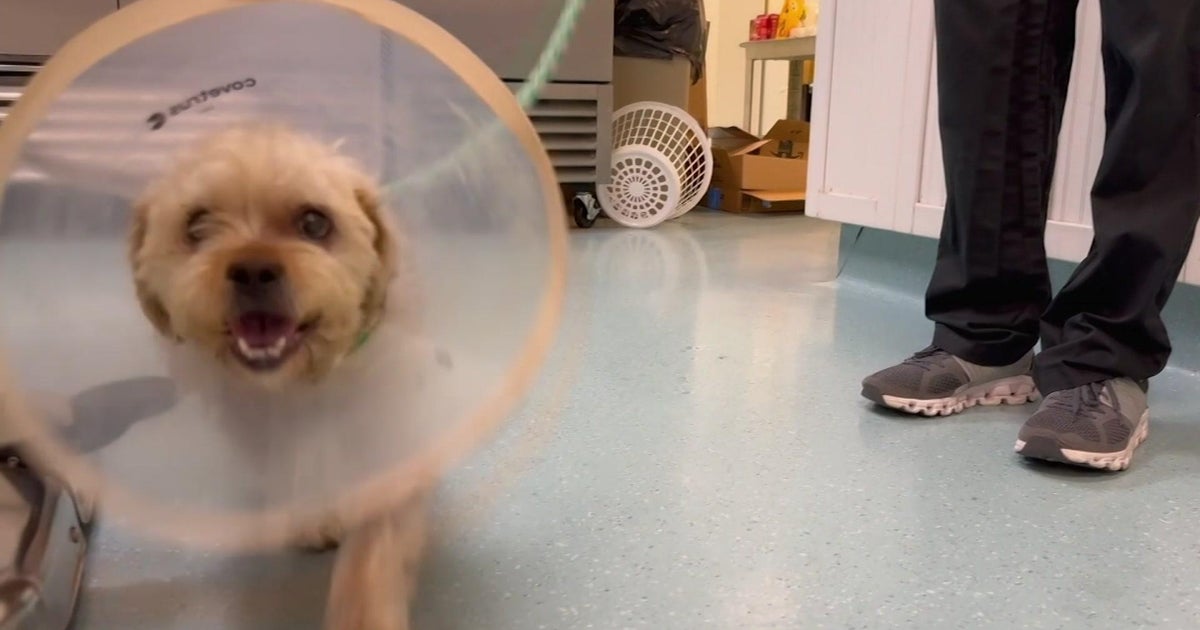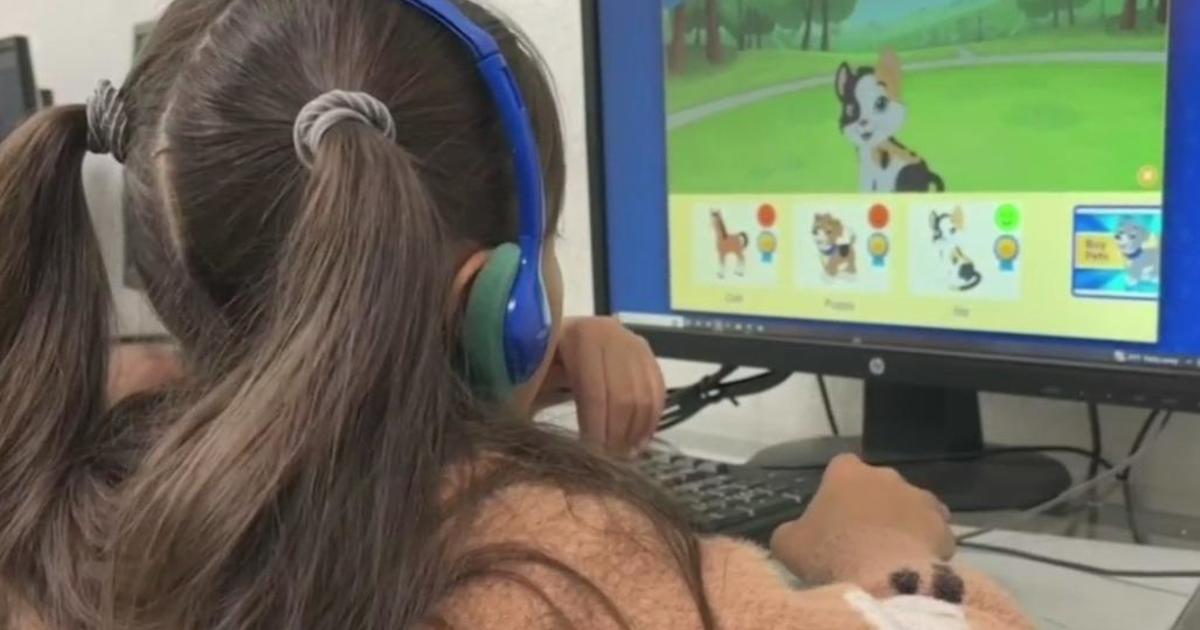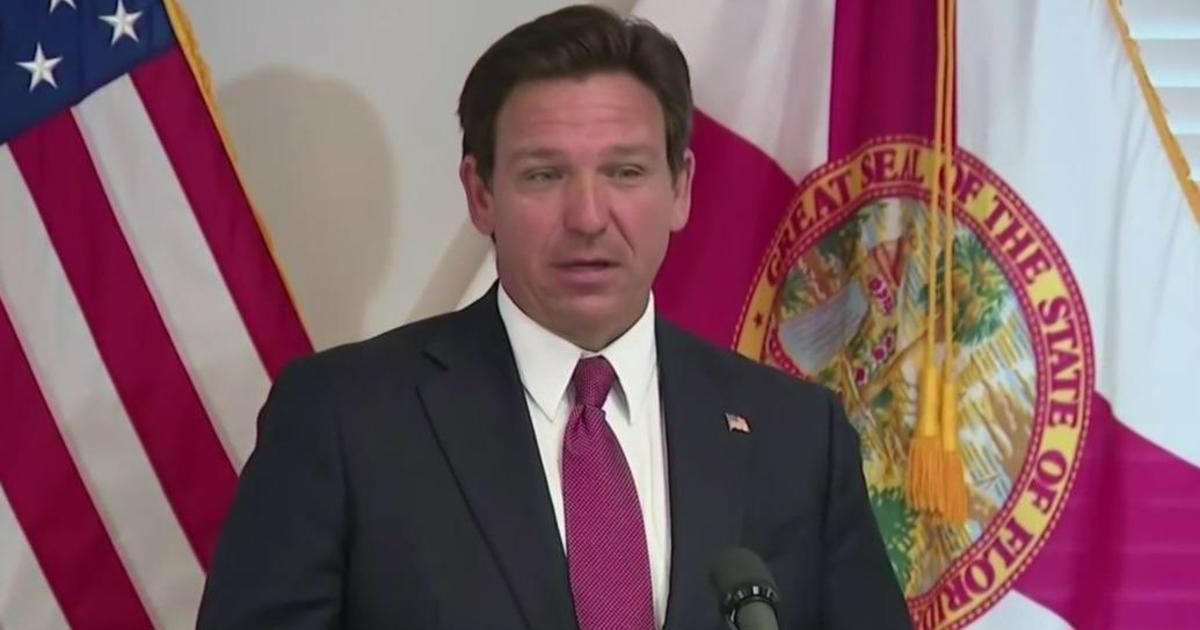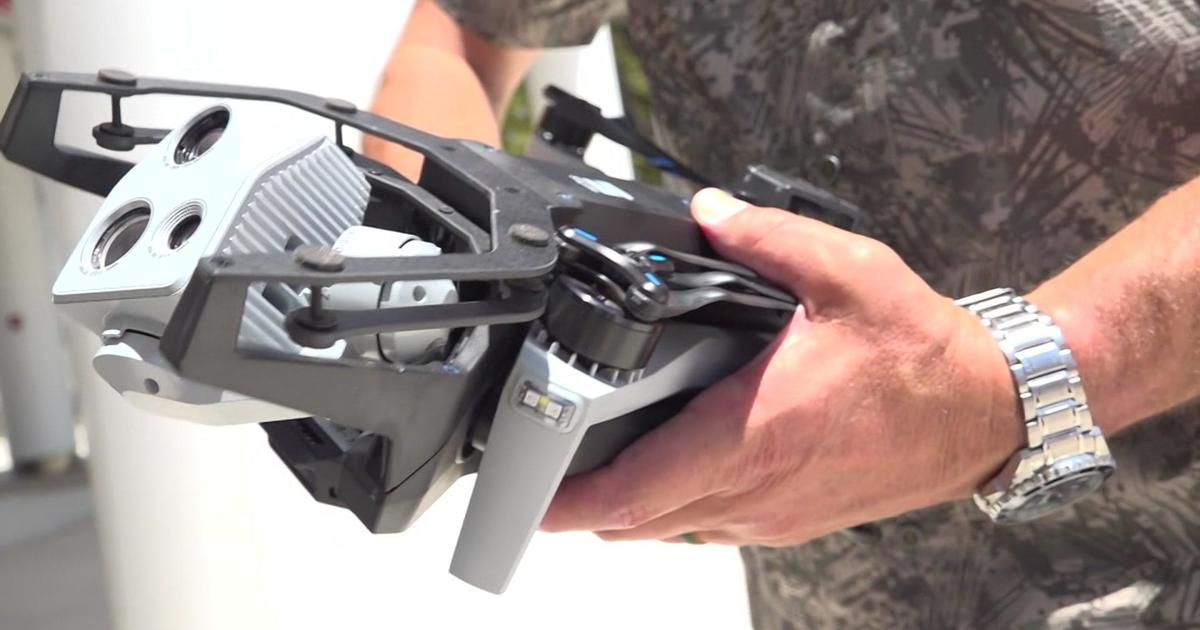Recognize The Signs Of A Stroke & Be Ready To Call 911
MIAMI (CBSMiami) - With the rise in coronavirus cases doctors are saying they are seeing a decrease in the number of people seeking emergency non-COVID-19 treatment at hospitals.
"The estimates are anywhere from 30-40% fewer patients. Numbers that we would normally see," said Dr. Ivette Motola, University of Miami Miller School of Medicine.
The reason being that many people are afraid to go to the hospital for the fear of possibly contracting the disease there. However, Dr. Ivette Motola, medical director for advanced stroke life support program at the University of Miami Miller School of Medicine, says the consequences could be much worse.
"We understand there are concerns but the risk of getting COVID coming to the hospital with an emergency condition pales in comparison to having a catastrophic stroke or heart attack and not being able to get treatment for that," said Dr. Ivette Motola.
"Time is of the essence, especially patients who are suffering a stroke or a heart attack time is of the essence," Dr. Motola says.
"The longer people wait to get treatment the less there is we can do for them and ultimately impact someone completely recovering from something that can be really devastating or having a severe disability or even dying from it," said Dr. Motola.
So what are signs you should look out for in the event of a stroke? Dr. Motola says to remember the acronym 'BE FAST.'
B for a sudden loss of balance, E is for eye trouble; seeing out of one or both eyes. F is for face any facial weakness or an uneven smile. A for arm weakness, S for slurred speech, and T for time to call 911, right away.
"People should call 911 as opposed to driving to the hospital for multiple reasons. Number one dispatchers and firefighters are equipped to start treating the patient and bring them to the closest facility also notify the hospital.
If they call 911, they don't have to worry about masks themselves the EMS folks will provide them and they themselves will be wearing protective personal equipment," said Dr. Motola.
Also once a patient arrives at the hospital they will be tested for COVID and kept separately.
Dr. Motola also mentioned most of the time patients may not realize they are having a stroke. It is usually detected by family, friends, or even bystanders.



